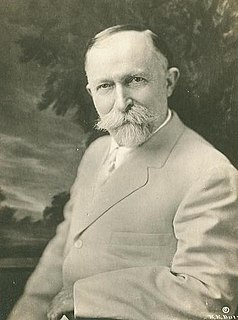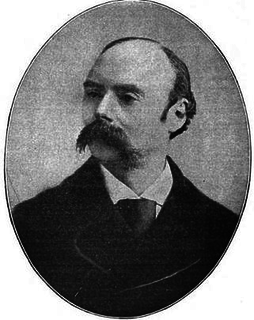A Quote by Barbara Kingsolver
Of the two hundred bones in the human body, more than a quarter are in the foot. It is a more complicated instrument than an automobile transmission, and it is treated with far less consideration.
Related Quotes
love is thicker than forget more thinner than recall more seldom than a wave is wet more frequent than to fail it is most mad and moonly and less it shall unbe than all the sea which only is deeper than the sea love is less always than to win less never than alive less bigger than the least begin less littler than forgive it is most sane and sunly and more it cannot die than all the sky which only is higher than the sky
All the inventions and devices ever constructed by the human hand or conceived by the human mind, no matter how delicate, how intricate and complicated, are simple, childish toys compared with that most marvelously wrought mechanism, the human body. Its parts are far more delicate, and their mutual adjustments infinitely more accurate, than are those of the most perfect chronometer ever made.
They would make the 'Church ' their great meeting-point, rather than the Atonement of Christ. As far as my experience goes, they have more devoutness and less devotion, more fear and less love, more feeling of duty than of desire, laying more stress on Phil. ii. 12 than ver. 13, and in practice working upon the intellect and imagination rather than aiming at the heart, skirmishing among the outworks rather than assaulting the citadel.
You see, if the height of the mercury [barometer] column is less on the top of a mountain than at the foot of it (as I have many reasons for believing, although everyone who has so far written about it is of the contrary opinion), it follows that the weight of the air must be the sole cause of the phenomenon, and not that abhorrence of a vacuum, since it is obvious that at the foot of the mountain there is more air to have weight than at the summit, and we cannot possibly say that the air at the foot of the mountain has a greater aversion to empty space than at the top.
Putting a man in space is a stunt: the man can do no more than an instrument, in fact can do less. There are far more serious things to do than indulge in stunts. . . . I do not discard completely the value of demonstrating to the world our skills. Nor do I undervalue the effect on morale of the spectacular. But the present hullabaloo on the propaganda aspects of the program leaves me entirely cool.
Management is a far more homely business than its would be scientists suggest, more closely allied to cookery than any other human activity. Like cooking, it rests on a degree of organisation and on adequate resources. But just as no two chefs run their kitchens the same way, so no two managements are the same.
...the mind is more powerful than any imaginable particle accelerator, more sensitive than any radio receiver or the largest optical telescope, more complete in its grasp of information than any computer: the human body- its organs, its voice, its powers of locomotion, and its imagination- is a more-than-sufficient means for the exploration of any place, time or energy level in the universe.






































